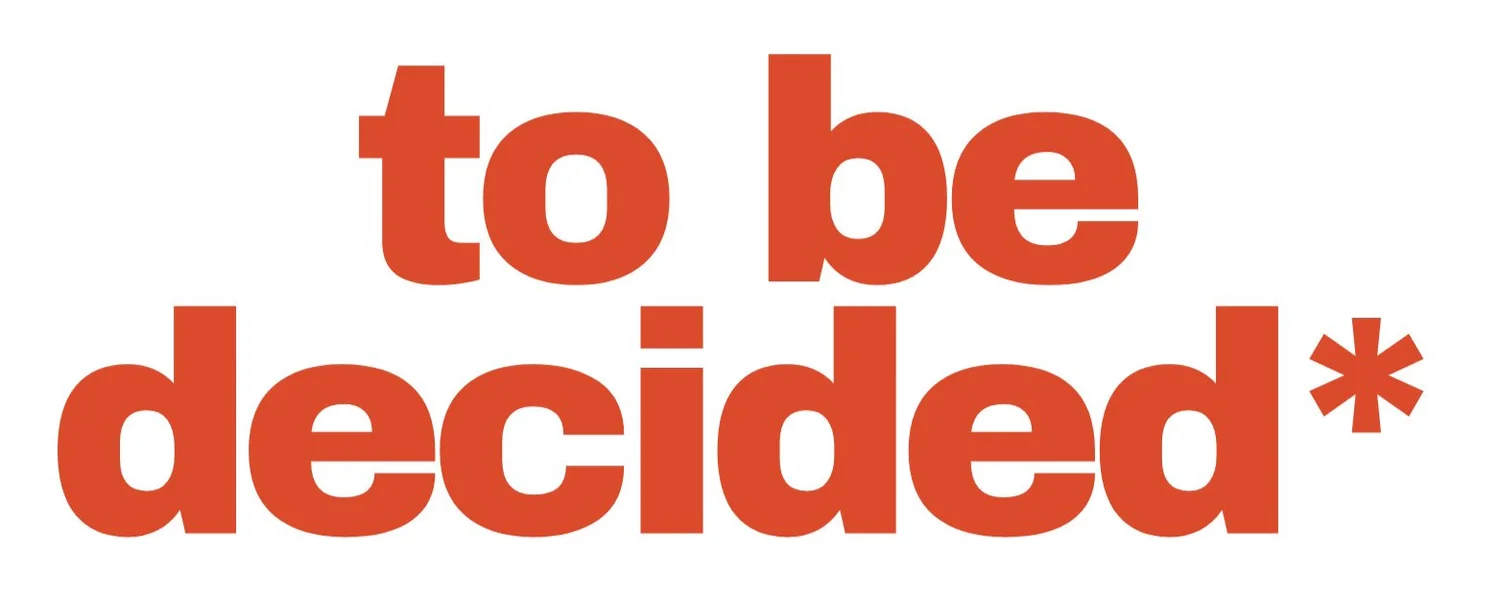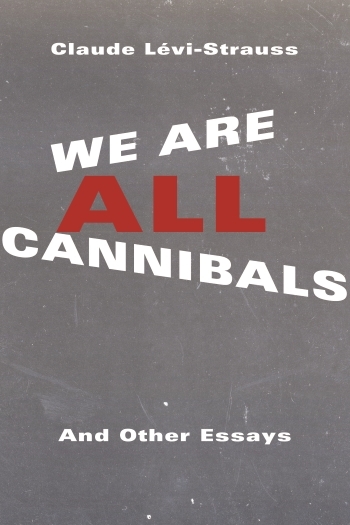Claude Lévi-Strauss - Columbia University Press 2016
Review by Adam Foster, Ph.D. Candidate in Politics at the University of Hawai'i at Manoa
Within the canon of critical theory and continental philosophy, Claude Lévi-Strauss has been pushed to the margins. Often, his work is only considered as a footnote to the work of Jacques Derrida. Too often are we told that Derrida’s “Structure, Sign, and Play in the Human Sciences”[1] curbed Lévi-Strauss’ (and structuralism as a whole) dominance over the French academy, and marked the beginning of post-structuralism. While there may be historical validity to this claim, other figures of the structuralist movement – such as Louis Althusser and Jacques Lacan – continue to be major figures within critical theory, the same is not true for Claude Lévi-Strauss, who once was the champion of a fledging school of thought.
We Are All Cannibals: And Other Essays, published by Columbia University Press in March 2016, is unlikely to change Lévi-Strauss’ marginality. Though it complements the academy's current interest in the intersections of biology and politics, it lacks the overall strength of a text that would evoke newfound excitement for a thinker. Nonetheless, this is by all means a good book. It serves as a good entry point into the anthropologist’s work, and reveals the continued relevancy and usefulness of it for contemporary social scientists and theorists. Comprised of articles written throughout his career, the anthology is divided into two sections: the first is a reflection on the burning of Santa Claus in effigy in front of a Dijon Cathedral published in Les Temps Moderne in 1952, and the second a series of sixteen articles on originally published in the Italian newspaper La Repubblica (though written in French) between 1989 and 2000 on current issues of the day. Taken together, they cover the scope of Claude Lévi-Strauss’ lengthy academic career spanning five decades.
The uniting theme across the two sections is the motif of the myth and the ritual as constituting an underlying system within our social ontology. The first section seeks to understand “not […] why children are fond of Santa Claus but rather why adults were impelled to invent him,”[2] arguing that the story of Santa Claus ought to be understood as a means of expressing “the differential status between small children on the one hand, adolescents and adults on the other.”[3] In this sense, Santa Claus can be understood within the broader context of a sociology of initiation. Far from purely symbolic, Lévi-Strauss puts forward the argument that “rites and myths of initiation have a practical function in human societies: they help elders keep youngsters well-behaved and obedient.”[4] It is a compelling argument; after all, implicit in the notion of Santa Claus is the distinction between those who are “naughty” and those who are “nice.”
Despite its convincing argument, the first section of the collection is not without its problems. This section differs greatly from the remainder of the anthology. Indeed, unlike the rest of the book, the myth of Santa Claus has nothing to do with the trope of cannibalism for which the book is titled. One has to wonder why it was included in the same collection, given that it differs so greatly thematically and was written nearly 40 years earlier than the beginning of the latter half of the book.
With that said, it is this latter half of the book where Lévi-Strauss truly shines, and where it begins to relate to both its title and this issue of TBD*'s theme of “Monsters and Beasts.” Admittedly, some of the chapters achieve this more effectively than others. The first two entries, for example, are concerned more with the development of civilization and the anthropological subject than issues of the body and cannibalism that permeate latter chapters. It is not until the third chapter, “Social Problems: Ritual Female Excision and Medically Assisted Reproduction,” that the reader sees Lévi-Strauss become a highly useful tool to the scholar of biopolitics. Throughout the remainder of the book, the author traces he lineage of contemporary controversies of the body in a manner reminiscent Foucault's genealogical method, while also highlighting the ever-present connection between the biological and the social.
It is not surprising that cannibalism becomes the focal point of Lévi-Strauss' analysis, as for much of the time-span he is writing in the wake of a moral panic surrounding Creutzfeld-Jakob Disease and the outbreak of Mad Cow Disease. Implicit in the claim that “we have always been cannibals” is a definition of cannibalism that extends beyond common representations and conceptions of cannibalism to include medical procedures like brain grafts and blood transfusions. These chapters form a genealogy of the Mad Cow disease that provokes the reader to question the conditions that have led to cannibalism in the past and the reasons that have led to the stigma surrounding it. In essence, Lévi-Strauss notes that cannibalism – something deemed to be taboo in mainstream society – is not something that humanity has moved beyond, but rather something that continues to be a part of society and its intersections of society and biology through medicine. This series of essays represent Lévi-Strauss at his finest in the collection.
As is the case with many anthologies, the quality of the pieces vary. There are moments of great profundity, and the weaker moments are few and far between. However, at times the thematic link between essays is lost by virtue of including the vastly different article on the Santa Claus effigy that opens the collection. Nonetheless, the anthology serves as an exceptional introduction to both Lévi-Strauss' work and a structuralist mode of analysis. While many anthropologists are guilty of reinforcing colonialism through a fetishized fascination with the indigenous subject, Lévi-Strauss is able to avoid this crime himself and instead is able to highlight this tendency. The book thus brings an important contribution to the study of biopolitics that warrants attention. While this book is unlikely the reverse Lévi-Strauss' marginal position within the canon of critical theory, it nonetheless offers a convincing argument that his work ought to be taken seriously and is not out of date.
Claude Lévi-Strauss, We Are All Cannibals: And Other Essays, trans. Jane Marie Todd (Columbia University Press, 2016)
[1]See Jacques Derrida, “Structure, Sign, and Play in the Discourse of the Human Sciences,” in Writing and Difference, 2 edition (London: Routledge, 2001).
[2] Claude Lévi-Strauss, We Are All Cannibals: And Other Essays, trans. Jane Marie Todd (Columbia University Press, 2016), 3.
[3] Ibid., 9.
[4] Ibid., 10.

